Here are few responses from friends, family, and relatives across India:
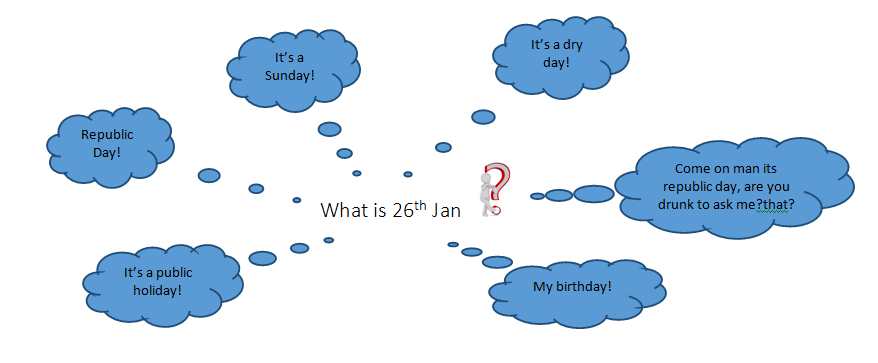
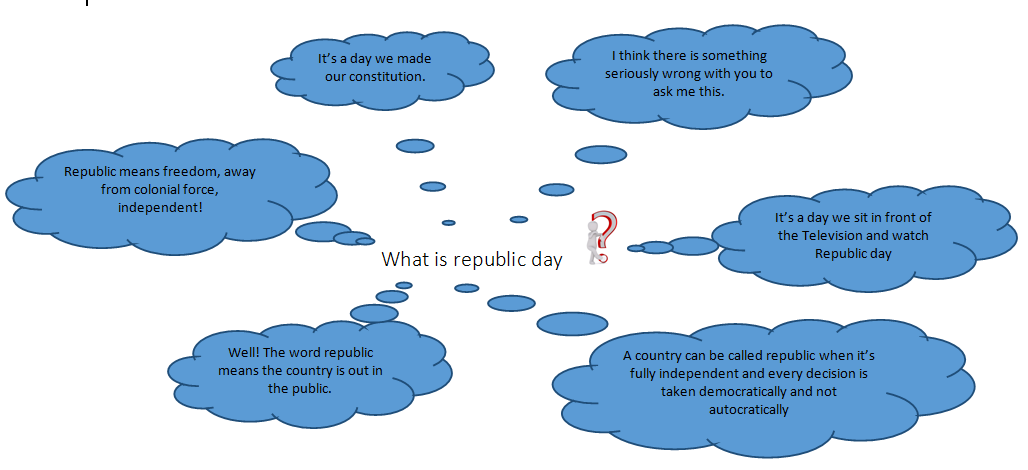
Alright, jokes aside, what is a republic country?
A republic country is governed by a democratically elected government which in turn is governed by a constitution. In short the constitution and its principles reign supreme.
A bit of history, I know it’s boring but needed
India got independence on 15th Aug 1947. But we did not have a constitution with its guidelines for the smooth functioning of our county. After 166 days of discussion, 285 assembly members’ signatures, the constitution was finalized. It came into effect on 26th Jan 1950 replacing the Government of India Act (1935). And so we celebrate our preamble and our constitution formation day on Republic day. The Constitution gave our citizens the power to choose our own government and leader, paving the way for democracy. Celebrations with ceremonial parades are held in Delhi the nation’s capital. It is held to pay tribute to our countries rich and diverse cultural heritage. Showing each state’s cultural history on this day indicates the spirit of unity in diversity and the underlying federal nature of our democracy.
Did you know that the President is given 21 gun salutes by the Armed forces in honor of all the soldiers and martyrs who fought for our independence?
Coming back to the present- Why are some people opposed to this idea of Republic India?
Republic means for the public, with the public, with no separate factions. In addition to this, our founding fathers envisioned our republic to be secular and democratic, securing justice, liberty, equality for all and promoting brotherhood. But today secularism has merely become a technical term and is disappearing. In its place, we see extreme religious ideologies and pseudo-secularism which is dividing communities. People have forgotten where India was 80 years ago: the difficulties the country faced under British rule. The latest demographics show that India is a very young country. The vast majority of its current population was born post-independence. So this generation does not have any first-hand experience of the sacrifices that were made to gain Independence nor the thinking that went into framing the constitution. We have no empathy towards our forefathers feeling undermined, in their own land. And now among ourselves we are doing what the British did to us,we are following their footsteps.
Democracy at stake?
We hear how violence in the name of religion is rising. We see how secularism is missing from the thoughts, speeches, and actions of our lawmakers. Religion and religious ideology should not dominate the three pillars of our democracy: Executive, Judiciary, and Legislative. How then did religion take such precedence in a republic country? A country that is one of the most diverse in the world with more religions, languages, and rich cultural heritage than any other. The government in power should take up the responsibility to help these cultures co-exist in harmony. That these cultures should thrive and not just survive!
The government is currently identifying with people who blindly follow the government’s religious ideology. This violates the very preamble and the core of the Indian constitution. Religious tensions are not a new phenomenon here, but the current environment of religious intolerance and distrust is something our country has not seen since partition. Our country was still healing from wounds caused by the partition where many people lost lives in the name of religion. The founding fathers of our constitution who understood these issues took extra caution and care to keep intact the secular fabric of the country. This can be seen in the fundamental rights guaranteed to the citizens.
Should the government sacrifice democracy for power? Should the party in power force religious indoctrination on the whole country? What is the point of electing officials from different places if not for hearing different opinions and the different problems they face. What is the use of an opposition party if they have no voice at all in the decision-making process?
How do we solve this deadlock – What we can do?
- Improve our overall literacy rate
- Promote more civic, political knowledge and discussion among our children and youth
- Encourage young minds to come up with solutions to help our country
- Cultivate acceptance and respect for all irrespective of colour, caste, religion, language, gender, creed or any grounds that will bring about a difference
Similar Posts
-
Freedom – Hard Core
hum laye hain toofan se kishti nikal ke, mere desh ko rakhna bacchon sambhal ke… Supposedly,
-
Independence Day: Should We Celebrate or Not? – Hard Core
Independence Day commemorates the day we achieved freedom from British rule. However, a fundamental
-
Indian Democracy: The Schrödinger’s cat – Harshvardhan
India chose democracy out of all the existing forms of governments. If it wasn’t for our true nation
-
Independence Day – Aditi Bajaj
On this occasion a celebration is Must For this land is so diverse and Just The culture and hospital
-
Have we really done enough for woman empowerment? – Harshvardhan
God made man and woman and I don’t think he made one superior over another. But even in today’s age


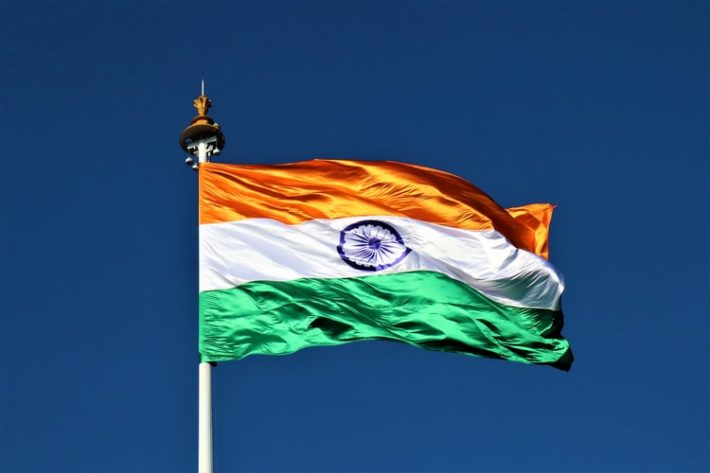

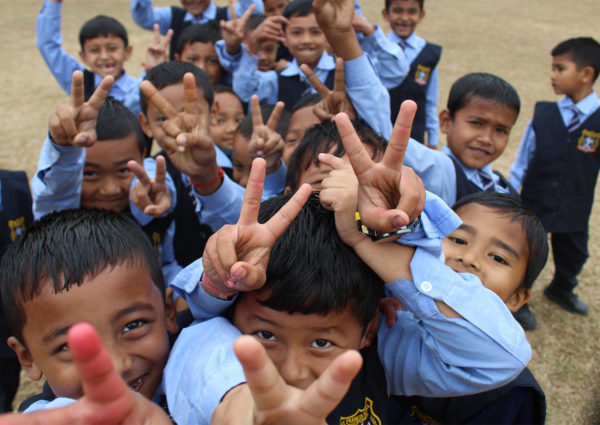


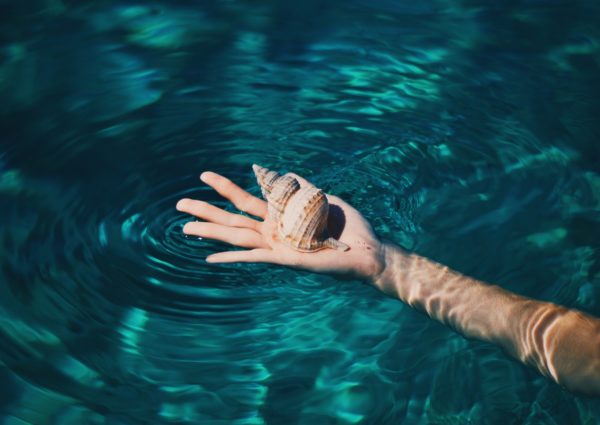
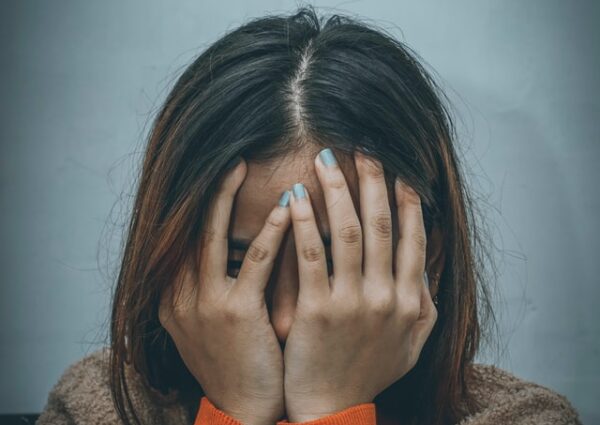

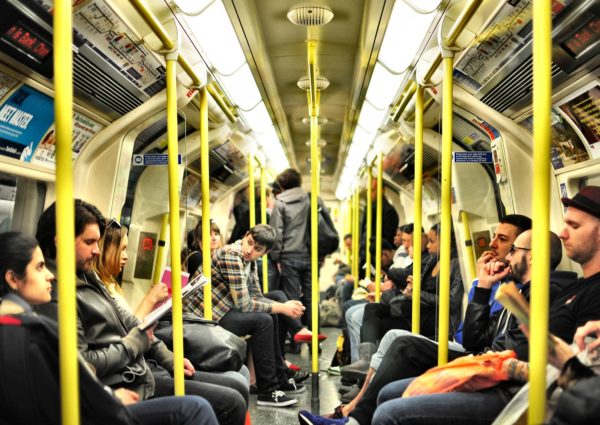
Arun
The author says a relevant message through this article. Importance of the topic ‘republic India’ is essential nowadays. The author describes the pros and cons in detail.
No One
“Those who don’t know history are condemned to repeat”.
Thanks for this excerpt, this knowledge is necessary to understand the current polity and governance. Being guided by the constitution which abides by universal adult suffrage everyone must atleast know what were the reasons and consequences for what we are as a nation and how we are as a nation today.
Leena Dhakad
Last paragraph which mentions about provoking children and youth for political awareness is encouraged in my new (in-laws) family and makes me feel proud of it 🙂
Varsha
Good article